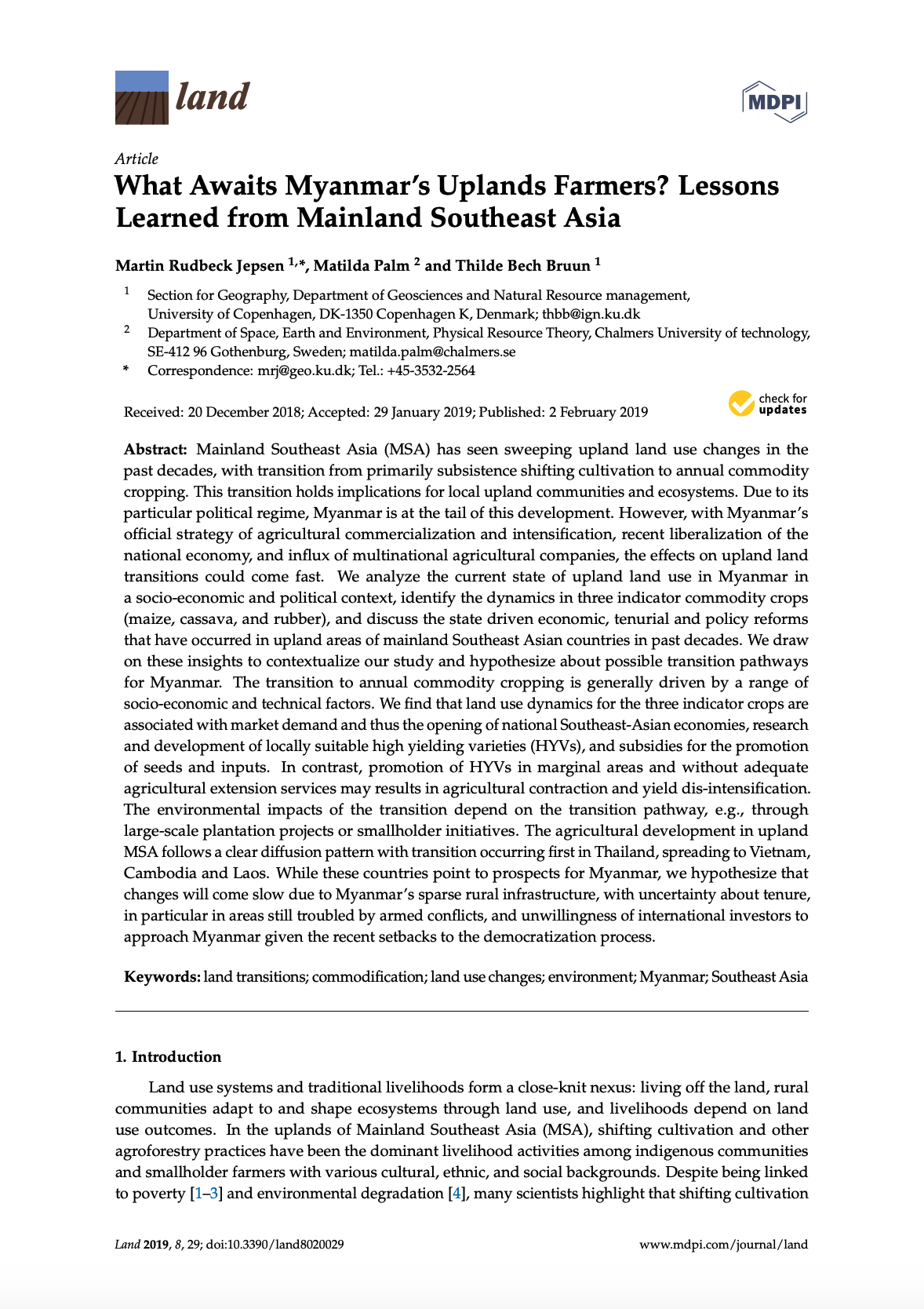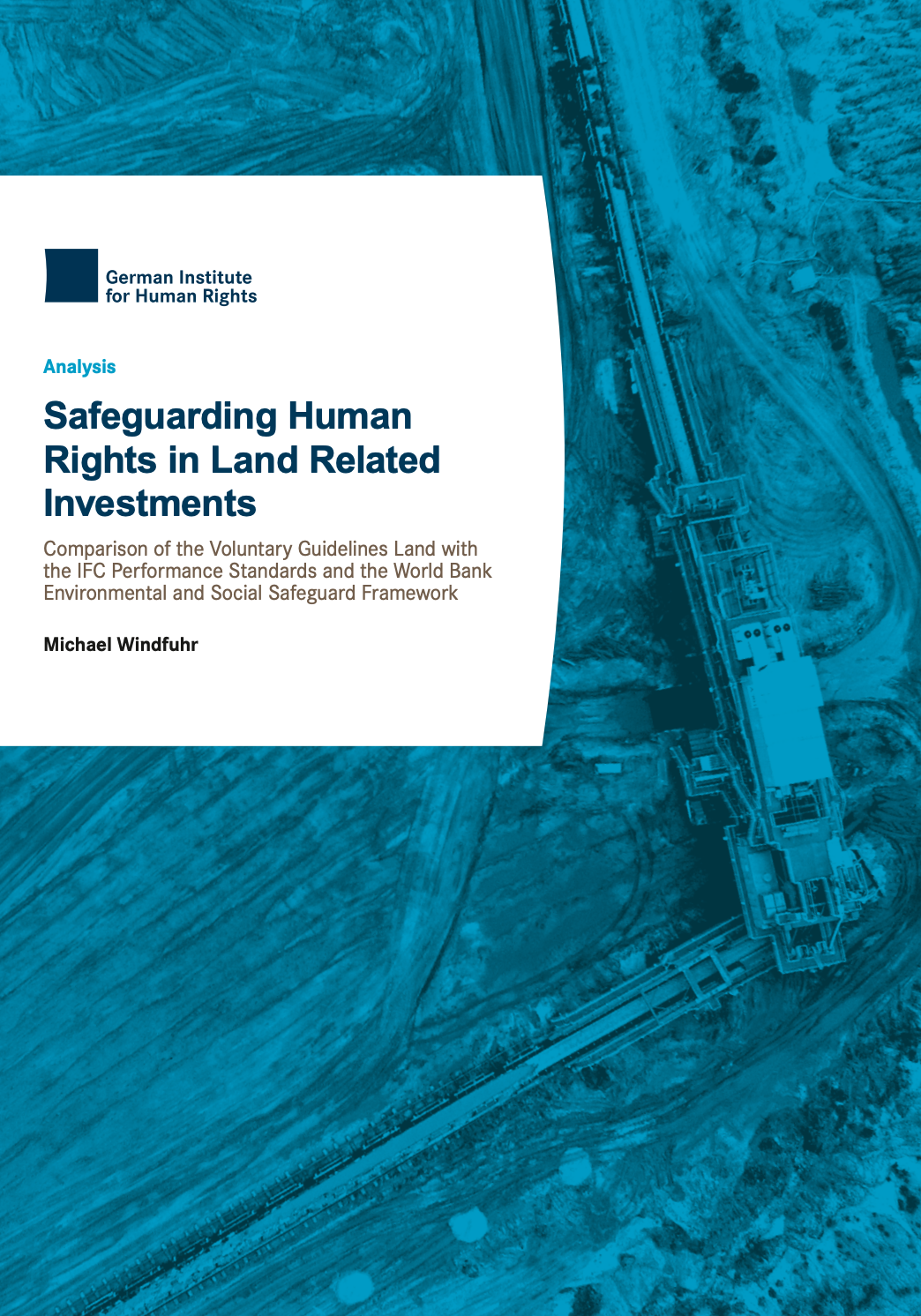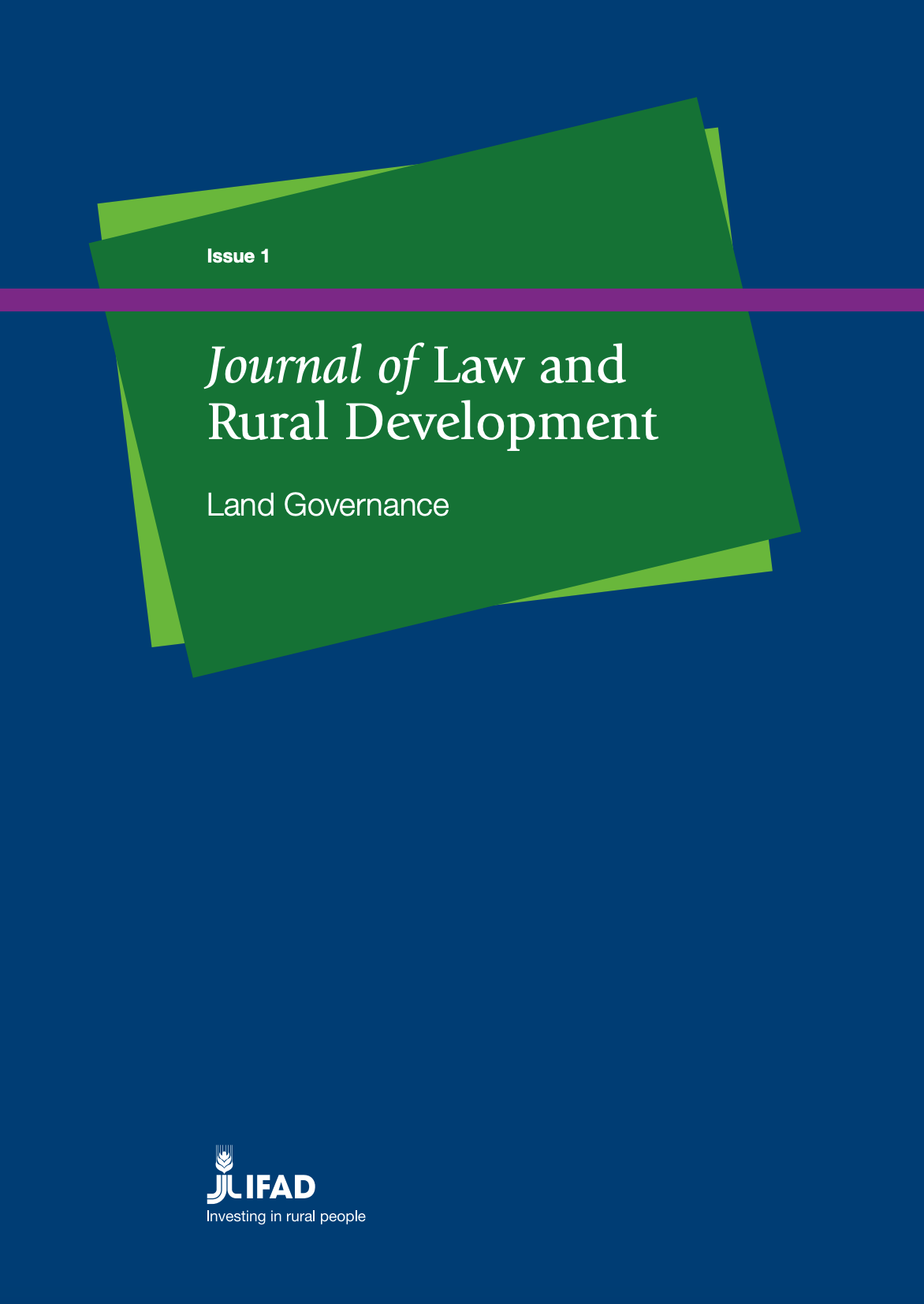The peasants in turmoil: Khmer Rouge, state formation and the control of land in northwest Cambodia
Over the past 15 years, northwest Cambodia has seen dramatic agrarian expansion away from the central rice plain into the peripheral uplands fuelled by peasant in-migration. Against this background, we examine the nature of relations between the peasantry and the state. We first show the historical continuities of land control processes and how the use of violence in a post-conflict neoliberal context has legitimised ex-Khmer Rouge in controlling land distribution.





